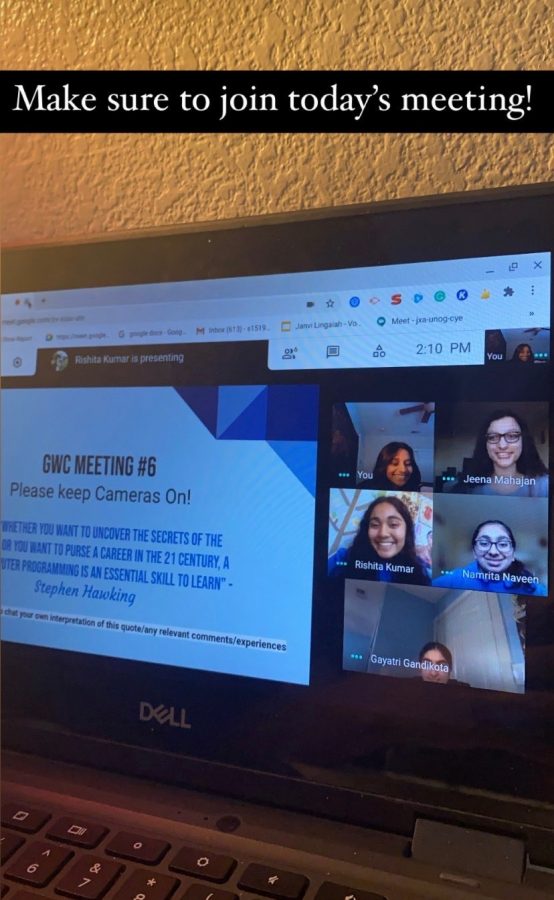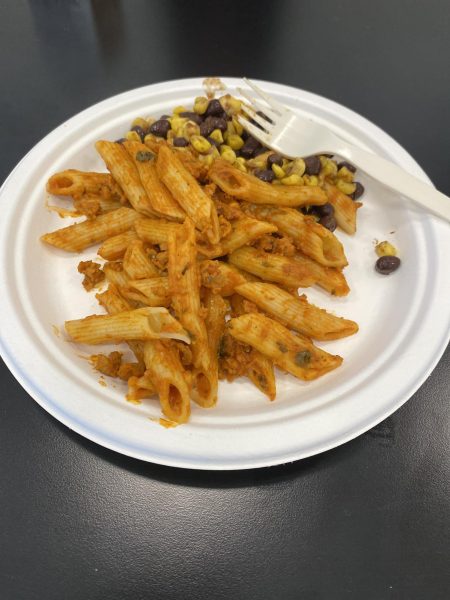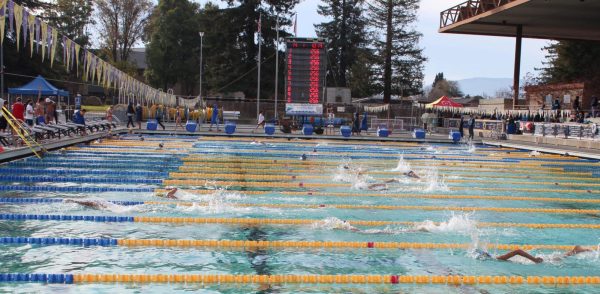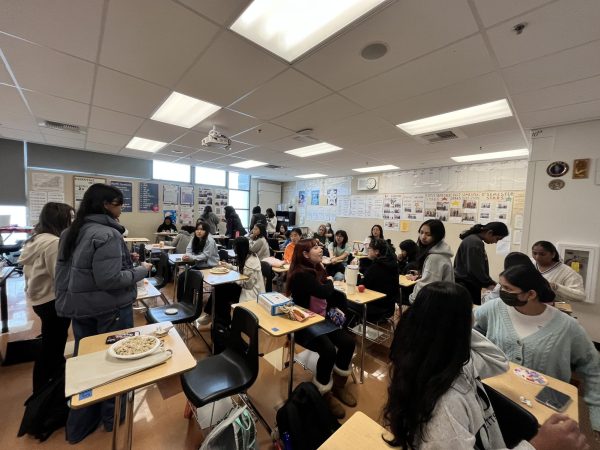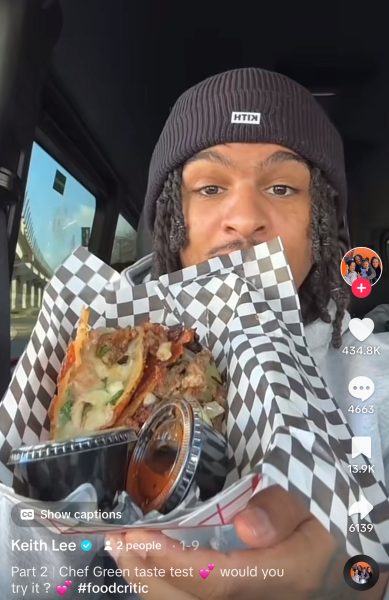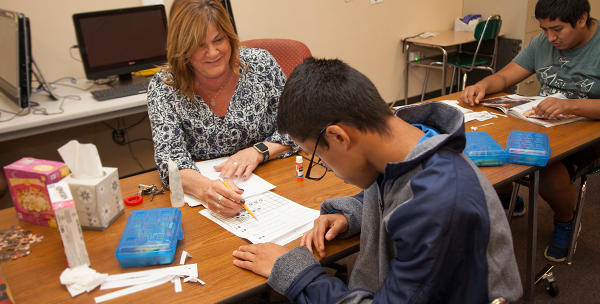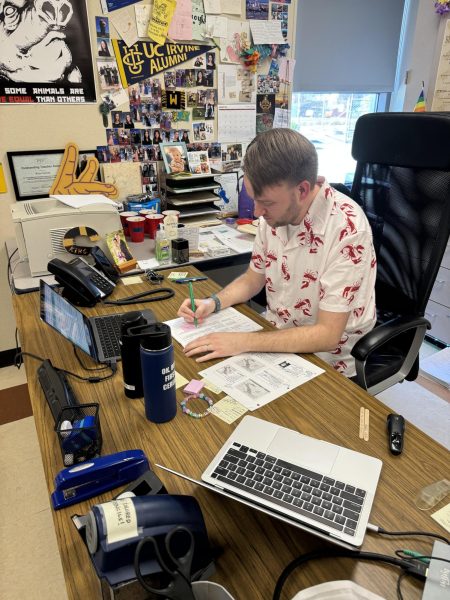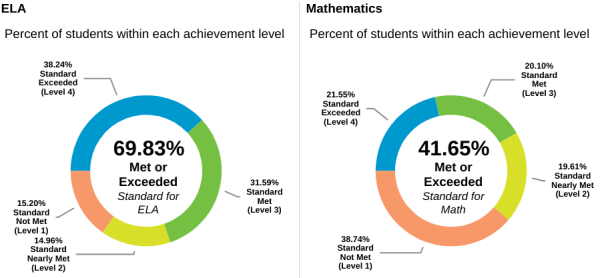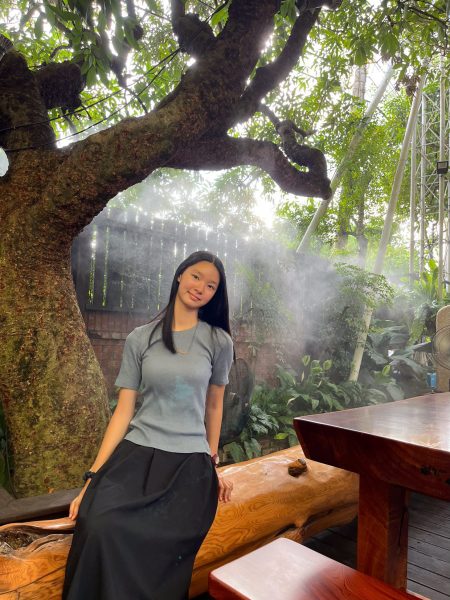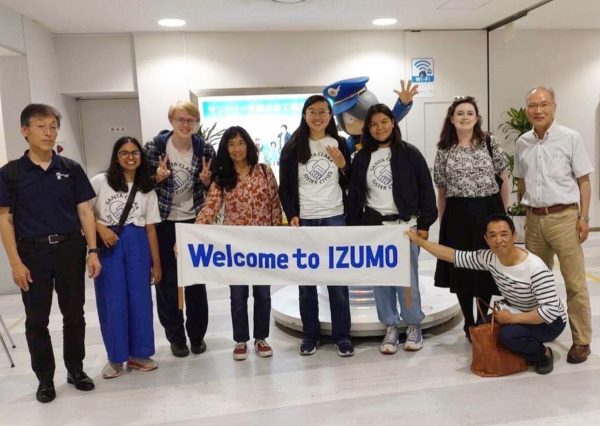Quarantine Clubs Spotlight
Clubs have come up with creative ways to remain interactive and collaborative during online learning.
Don’t know what clubs to join during online school? Despite these trying times where logging into online school and dwindling student motivations have become the norm, several active and determined Wilcox students have successfully started a new club or revived an old club on the online platform. These cause-driven leaders have faced many challenges attempting to create their starting points for their goals during these difficult times when communications are all held online. However, they have managed to build their platforms from where they can create a community of people striving towards the same destination. The new clubs or old revived clubs created by these empowering Chargers during quarantine this year include: Girls Who Code, Biology Club, ATAC (Active Teens Against Cancer), Wilcox Music Club, INNO Biotech, and Bring Change to Mind.
The passionate founders of these clubs have successfully become officialized through online presentations to the ASB. Yet, despite this achievement, many club presidents express that one of their tallest hurdles to overcome is gaining membership and advertising their club effectively. Clubs at Wilcox have been able to do so in previous years at club fairs that allow clubs to advertise themselves to incoming freshmen and other students, so new members can learn about and sign up to clubs. With this important opportunity canceled, many of the founders say that their biggest struggle was to advertise their clubs online. An officer who helped restart ATAC, Janelle Tran, comments, “It’s definitely harder to reach out to members and increase our membership without any human-interactions.” However, most of these clubs managed to gain members after the creation of their official instagram accounts, in which they utilized publicizing flyers for events, meetings, and sign ups.
All of these founders agreed that more difficult than creating or publicizing their clubs were hosting the actual activities within the clubs. While many clubs have been using Zoom meetings or Google meets to hold their meetings, the online setting has posed challenges for many activities. An officer of the Wilcox Music Club, Sarah Shivakumar, shares, “It is EXTREMELY hard to do music virtually. It takes a lot of work trying to get everyone to record at the right tempo, start and end at the correct measures, and make sure everyone is in tune.” The founder of the Biology Club, Gemma Le, also mentions, “The hardest part was to find activities and labs that are doable at home. Online labs are usually less engaging, and I want my club to be more hands-on.” Despite these issues created due to current circumstances, some officers also mentioned that there are some pros of online meetings as well. Eva Lim, the founder of INNO Biotech, says, “Club activities online are useful because they do not require members to physically be in a certain place, allowing for a lot more flexibility on who can attend.” According to some officers, this new condition of online meetings actually allows more participation as students are able to join from anywhere they prefer, which may be an advantage to those who were unable to attend due to their limitations to attend the meetings physically.
The new online platform however, keeps on troubling the new clubs and its members. All of the officers have shared their concerns regarding club bondings. The founding members of Girls Who Code, Jeena Mahajan and Janvi Lingaiah, comment, “As a first-year club, we planned to heavily rely on club bondings, and virtual bondings, no matter how carefully planned, will never achieve the same level of unity and communication as a physical bonding.” However, with their flexible mindset and effective problem solving skills, these two and their fellow officers were able to come up with a solution to make sure interactions of the club members are still present. In Girls Who Code weekly meetings, officers implement some time for break-out groups in which members can get to know each other and bond. “The break-out groups change every week to ensure that each and every member of our club are able to familiarize themselves with each other to make communication much more comfortable within the club,” adds Mahajan and Lingaiah.
Despite unfamiliar challenges that the world is facing right now, these active Wilcox students have been able to build new platforms to engage in interactions within the Wilcox community. These members strive each day to connect their peers, working passionately toward their cause and goals.

